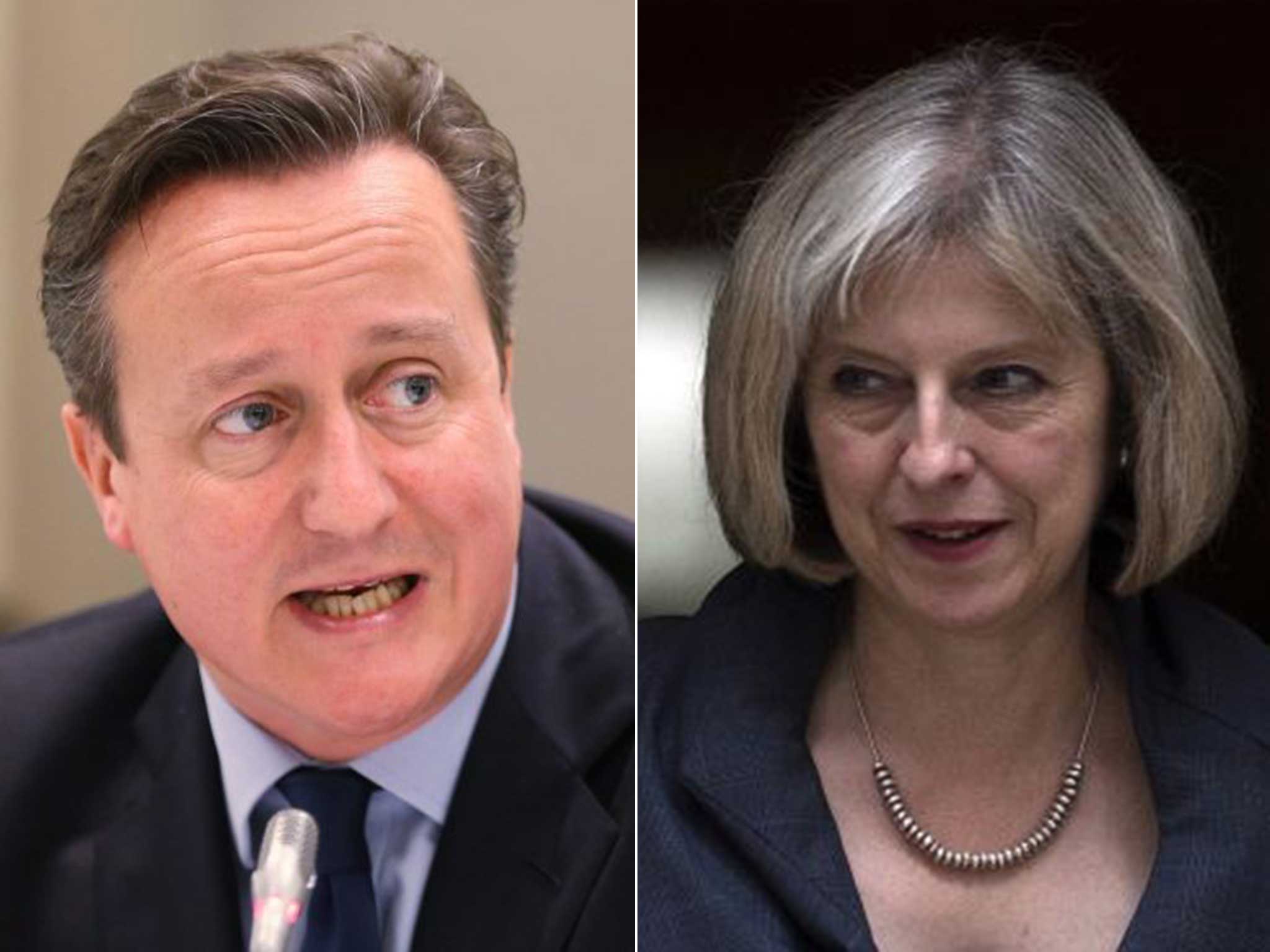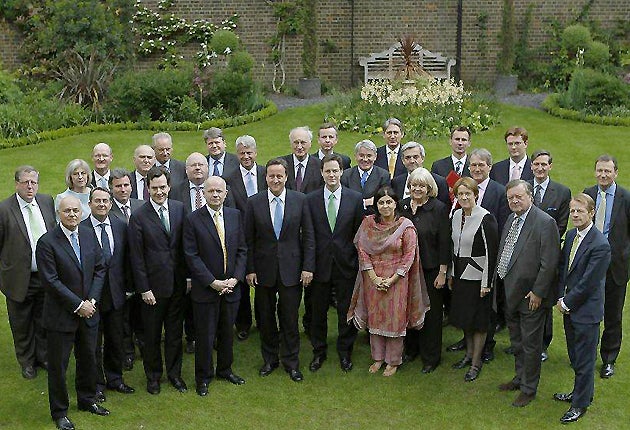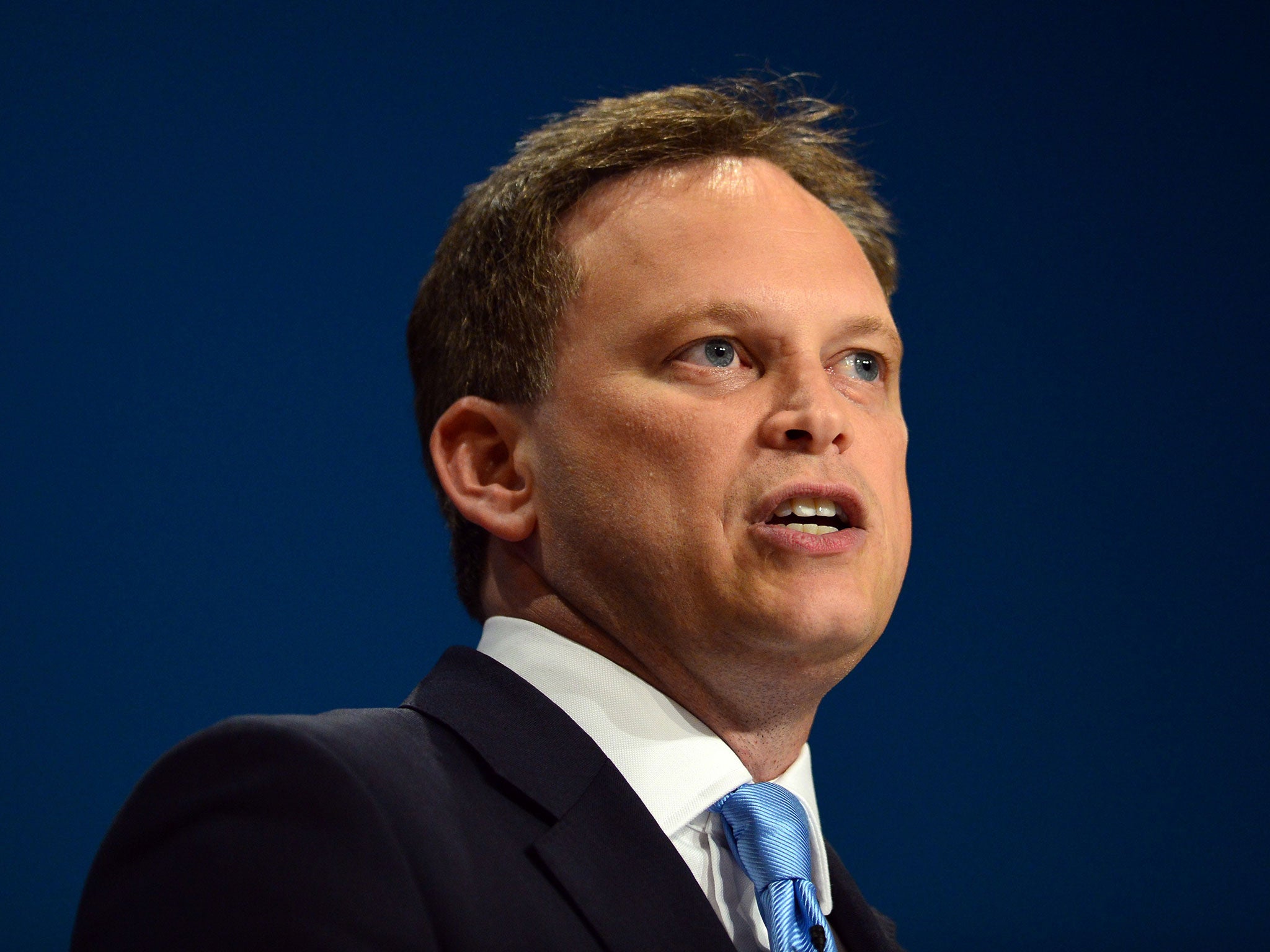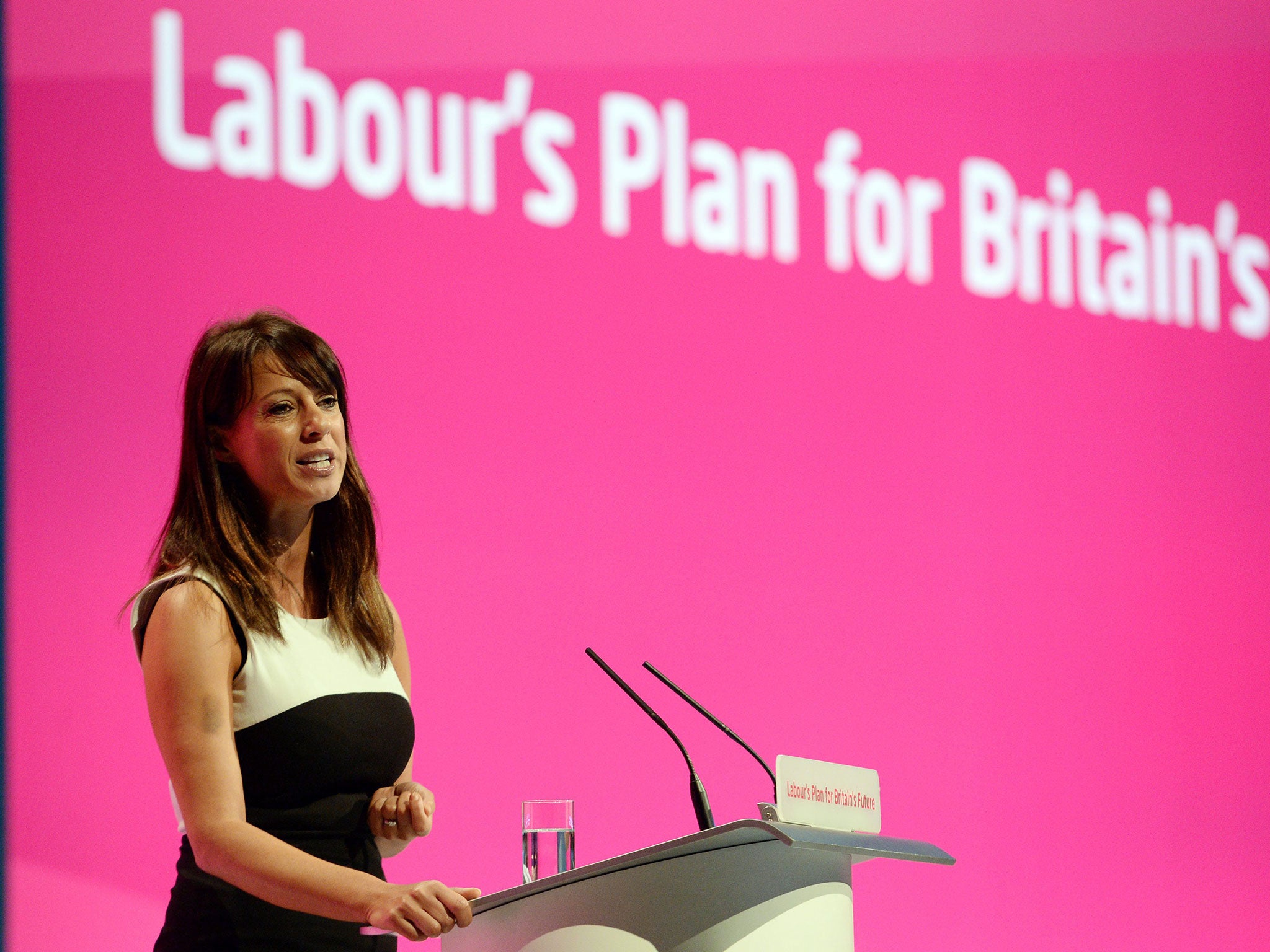Cameron's women problem: Tories boast of 'record' number of female candidates – but only a quarter can actually win in the election
A third of Conservative candidates at the election are women but many are standing in no-hope seats

Today the Tories hailed the “record” number of female candidates standing for the party this election, but a closer look at which seats they are fighting reveals a party still struggling with a women problem.
Grant Shapps, the Conservative party chairman, boasted that one in three of the party’s candidates were female, claiming it showed the party was “breaking records” by having “more women than ever before in our history”.
However many of those women are standing in no-hope seats and only one in four have been selected in winnable constituencies.

The list of the Tories’ key 40/40 seats – those the party is defending and their top targets – includes just 20 women.
If the Tories successfully defended all of their 302 seats and managed to win all of their top 40 target seats, it would still only end up with 70 female MPs – just 20 per cent.
It paints a very different picture from the one set out by Mr Shapps this morning.
“The Conservative Party is breaking records: we have more women than ever before in our history, the same is true for black and ethnic minority candidates,” he told The Sun.
“The job’s not done, there is more to do, but we are making progress. We have a proud record and hopefully we will have more female Conservative MPs elected in a just a few weeks’ time.”

In 2009 David Cameron pledged to make a third of his ministers female by the end of his first term, but six years on just 25 per cent of his ministers are women.
Just 48 of the party's 302 current MPs are female, while 87 of Labour's 256 are women. But it is the Liberal Democrats who are failing the most on gender balance in Parliament, with just seven women among their 56 MPs.
Nick Clegg failed to appoint a single female Cabinet minister among his party's allotted five slots during his five years as Deputy Prime Minister.
How the parties compare:
Gloria De Piero, Labour’s shadow women and equalities minister, described Mr Shapps' comments as "empty boasts from the old boys' network".
“The Tories’ women problem extends from the Cabinet table to constituencies across the country," she said. "The fact is, in the seats the Tories aim to win they have failed to select women, just as David Cameron failed to meet his targets on female Ministers. By contrast Labour is leading the way, selecting women in over half of its target seats.

“The Tories have an out-dated view of the world because they are an out-dated party that has haemorrhaged members and failed to diversify and modernise.
“The Tory women problem extends to policy as well as personnel, with women bearing the brunt of the Tories’ extreme spending plans.”
The Independent has got together with May2015.com to produce a poll of polls that produces the most up-to-date data in as close to real time as possible.
Click the buttons below to explore how the main parties' fortunes have changed:
All data, polls and graphics are courtesy of May2015.com. Click through for daily analysis, in-depth features and all the data you need. (All historical data used is provided by UK Polling Report)
Join our commenting forum
Join thought-provoking conversations, follow other Independent readers and see their replies
Comments